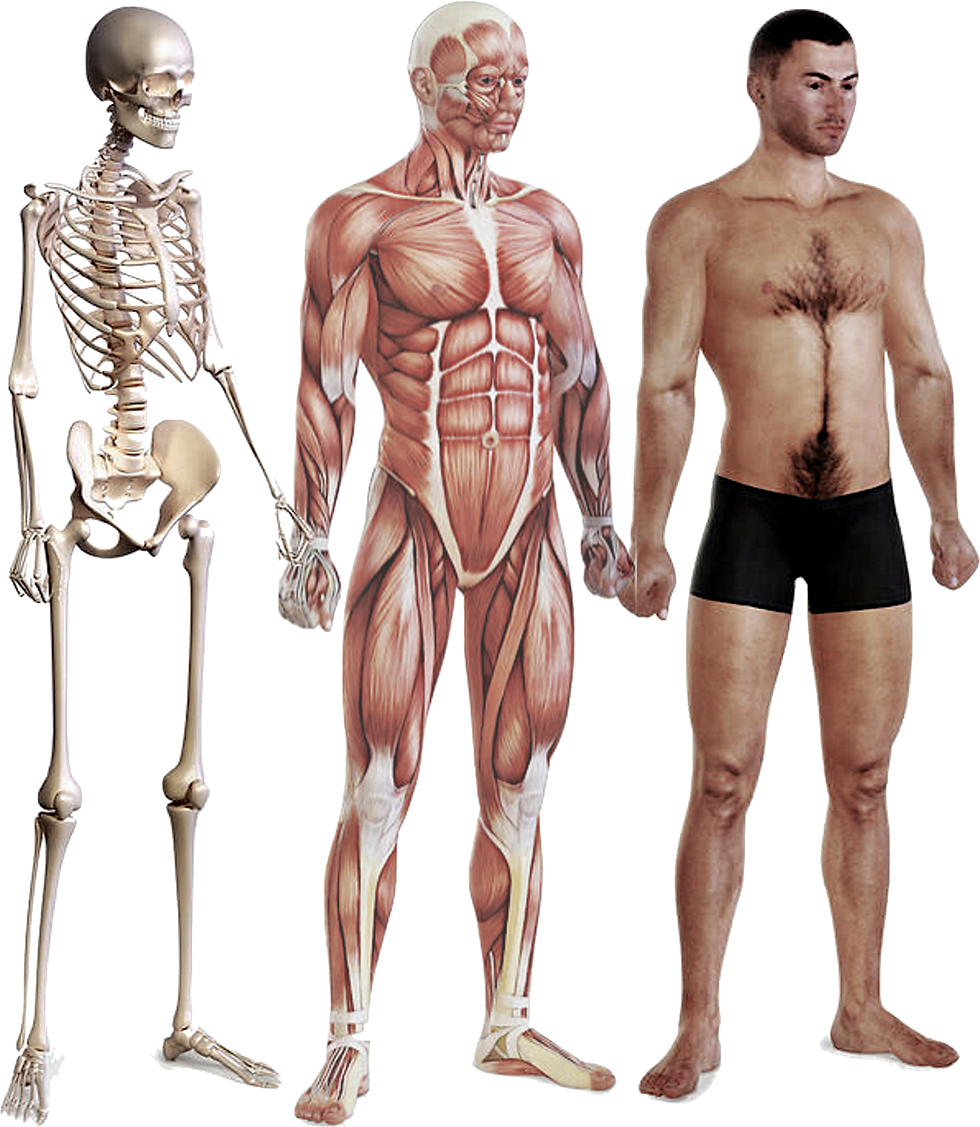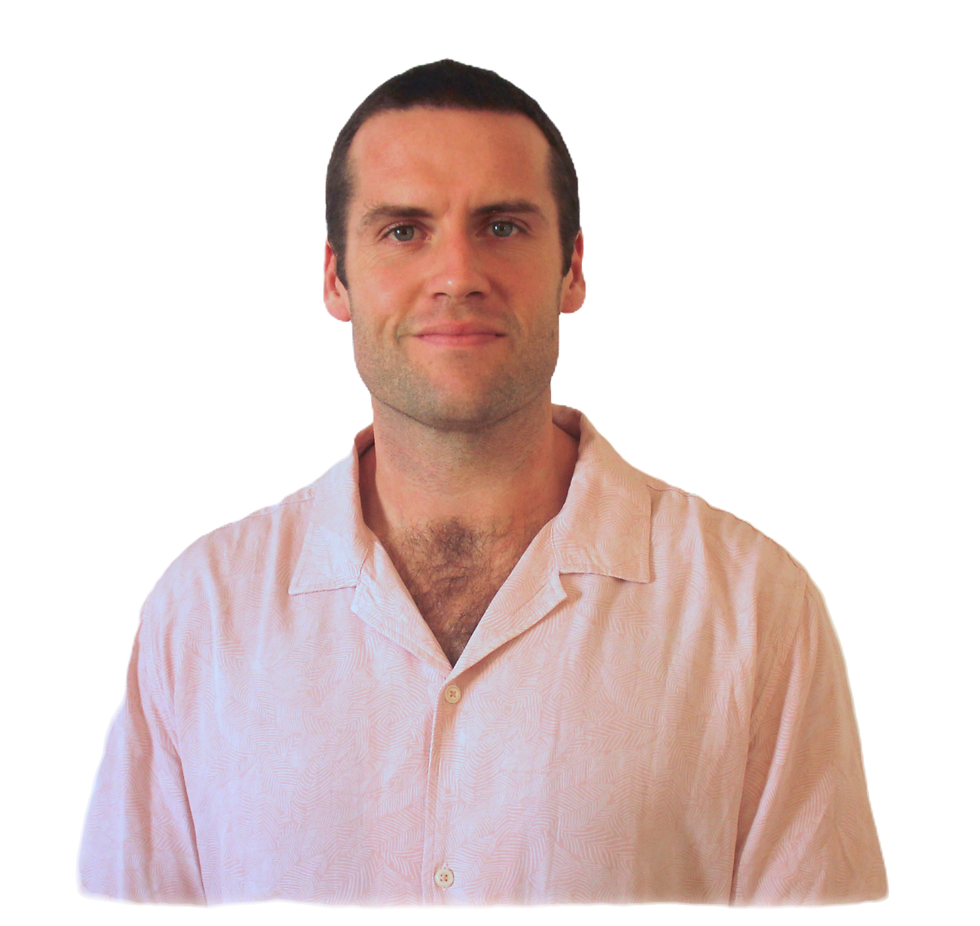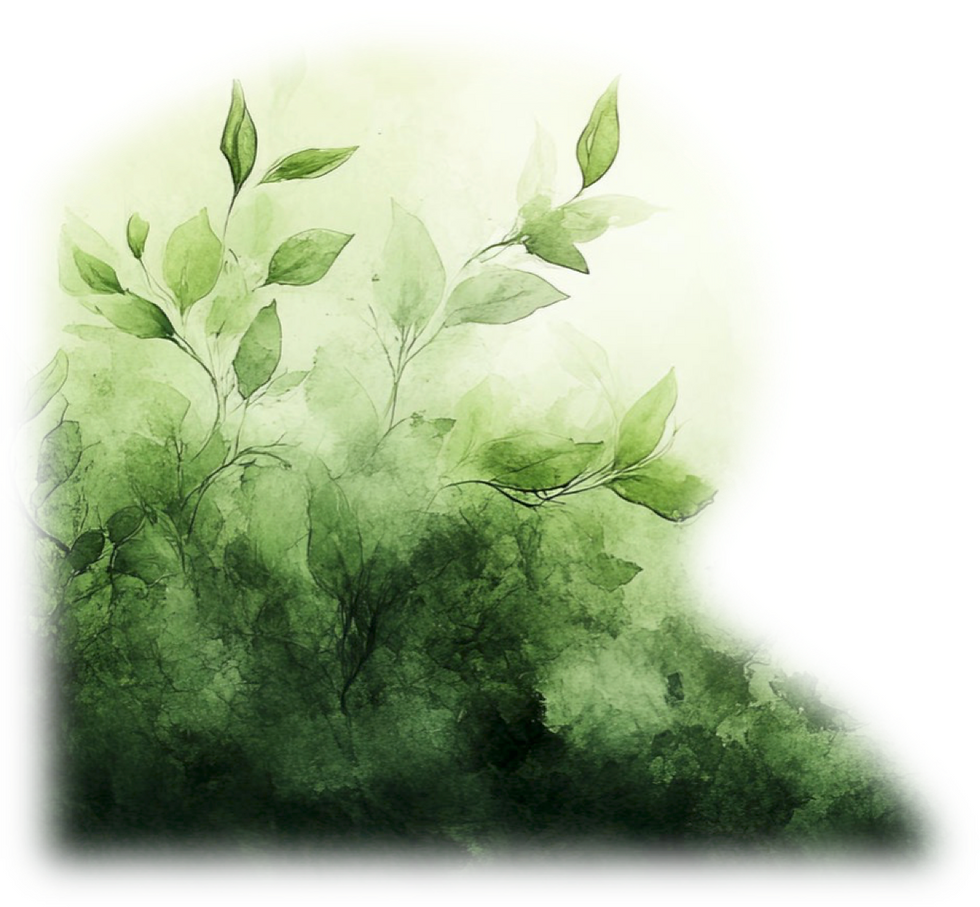
Anatomy is the study of the human body.
Everything from the skin, to muscles, to bones, to connective tissues, organs; all of it.
Osteopathy is the study (and medical treatment) of the human body, and in conjunction the person.
So as a person steps in to our practise to be treated, we are instantly assessing their physicality, their movements, posture and more.
As much as a mechanic is the professional you take your car to, Osteopaths are the mechanics of the human body.
See below explanations of what we treat and how.

Whether you've had your injury seen to by your local doctor, a specialist or another practitioner, it's worthwhile to come for a consultation.
We'll not only provide you with an idea of the problem and/or appropriate referral but we'll begin the treatment and advising
on how to manage the problem for the time being.

The holistic view of an intuitive practitioner

As practitioners, our intentions are to heal people and use what we can to accomplish this.
Yes, we deal with pain and injuries.
Aches, strains, sprains, arthritis, bursitis, tendonitis, subluxations, tears, ruptures - the list goes on.
We study and pay attention to what helps through our hands, what causes the pain to come back, whether it's part of the healing process, etc.
However we are considerate of more than this.
As one of the tenets of Osteopathy states, a person is a combination of 'mind, body and spirit', which becomes an undeniable element of treating people and their ailments.
With any new patient that steps through the door to our practise, we consider which aspect of their person we should be paying attention to.
If they're physically well, but stressed and anxious?
If they're symptoms and pain are actually the result of life events beyond physical injury?
We endeavour to see the big picture for them; is this simply an injury in need of tending to, or is this part of something else that could be worth discussing in time.


















